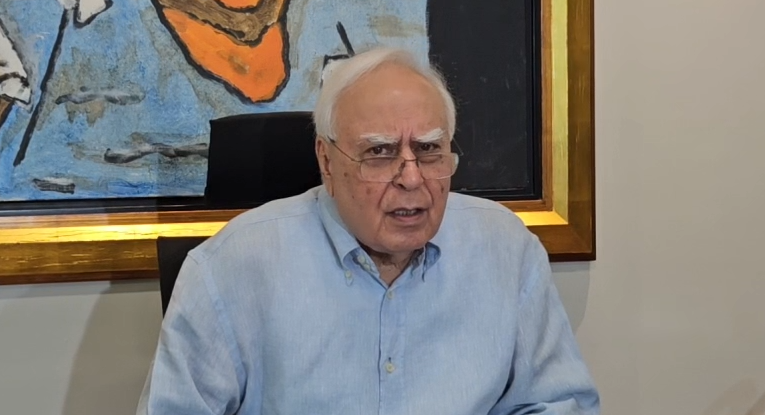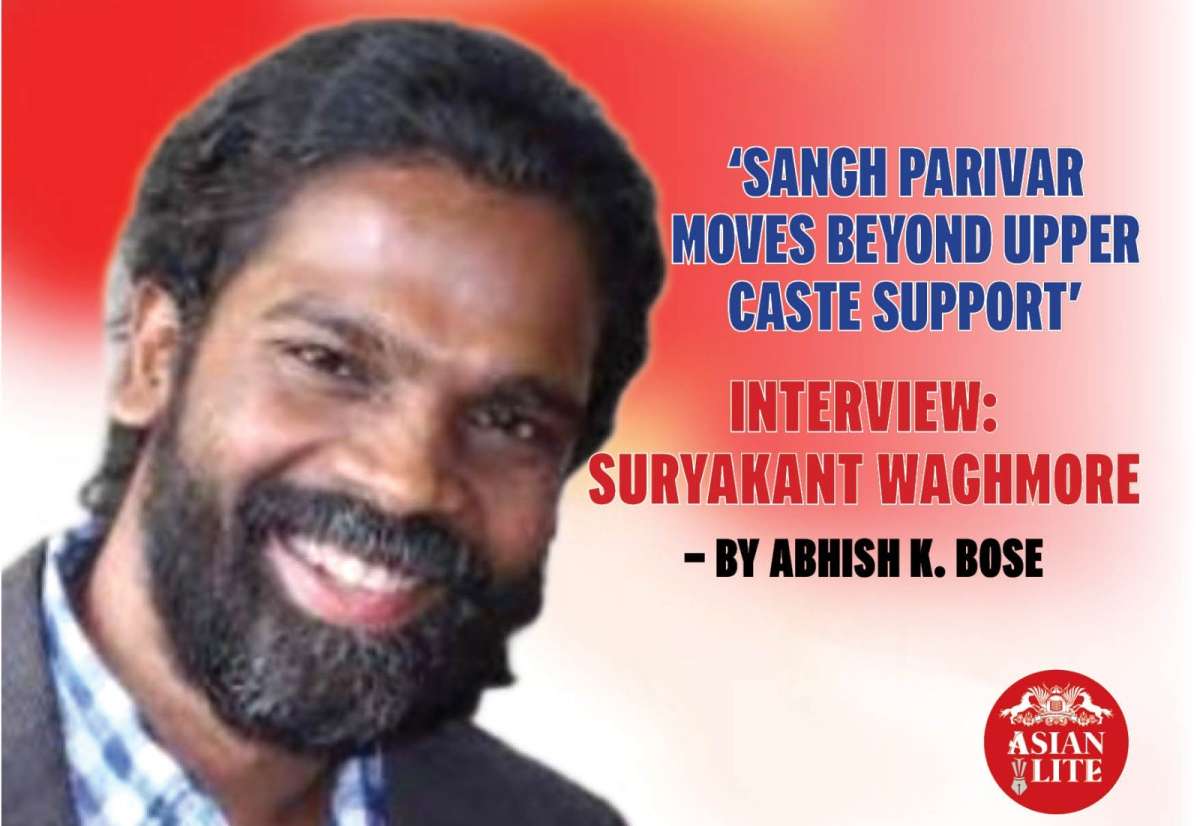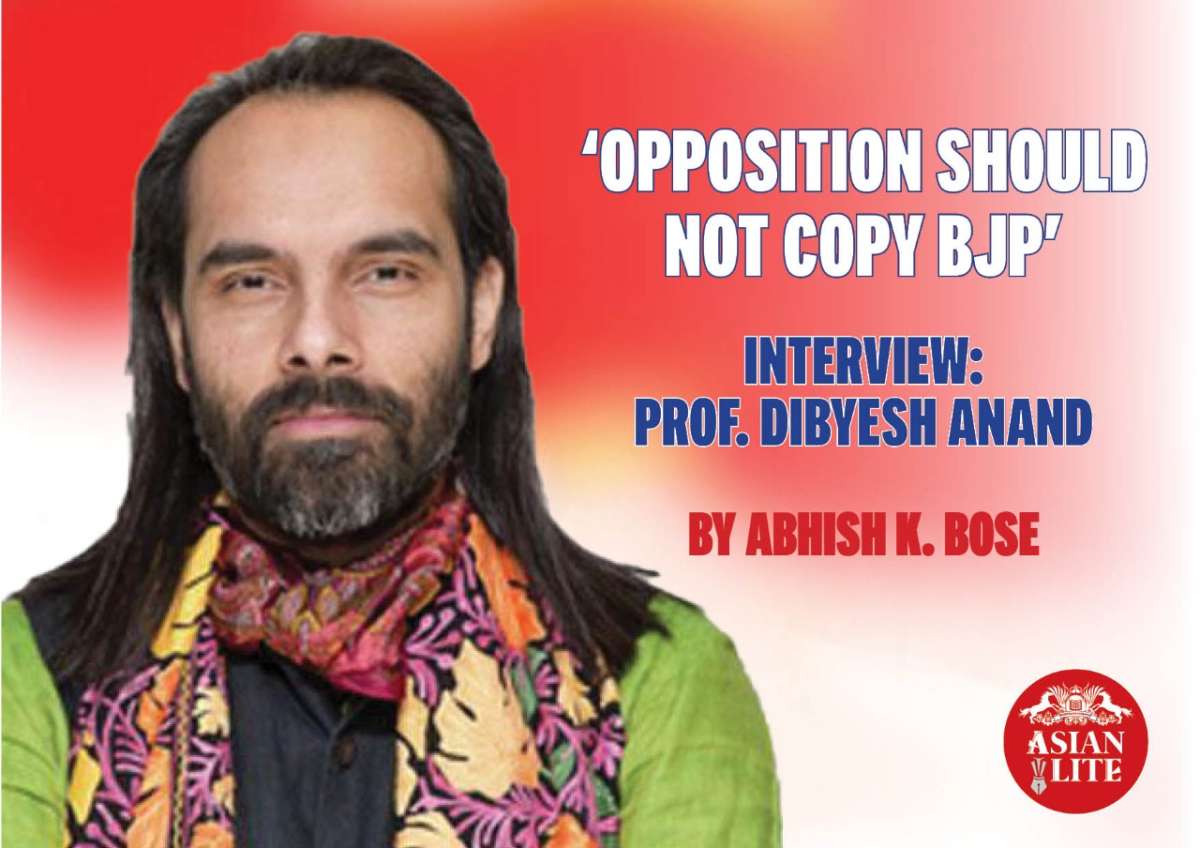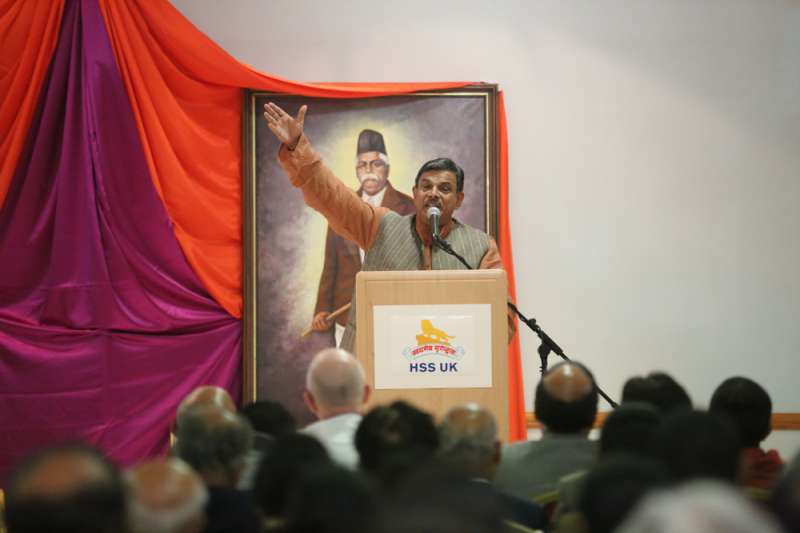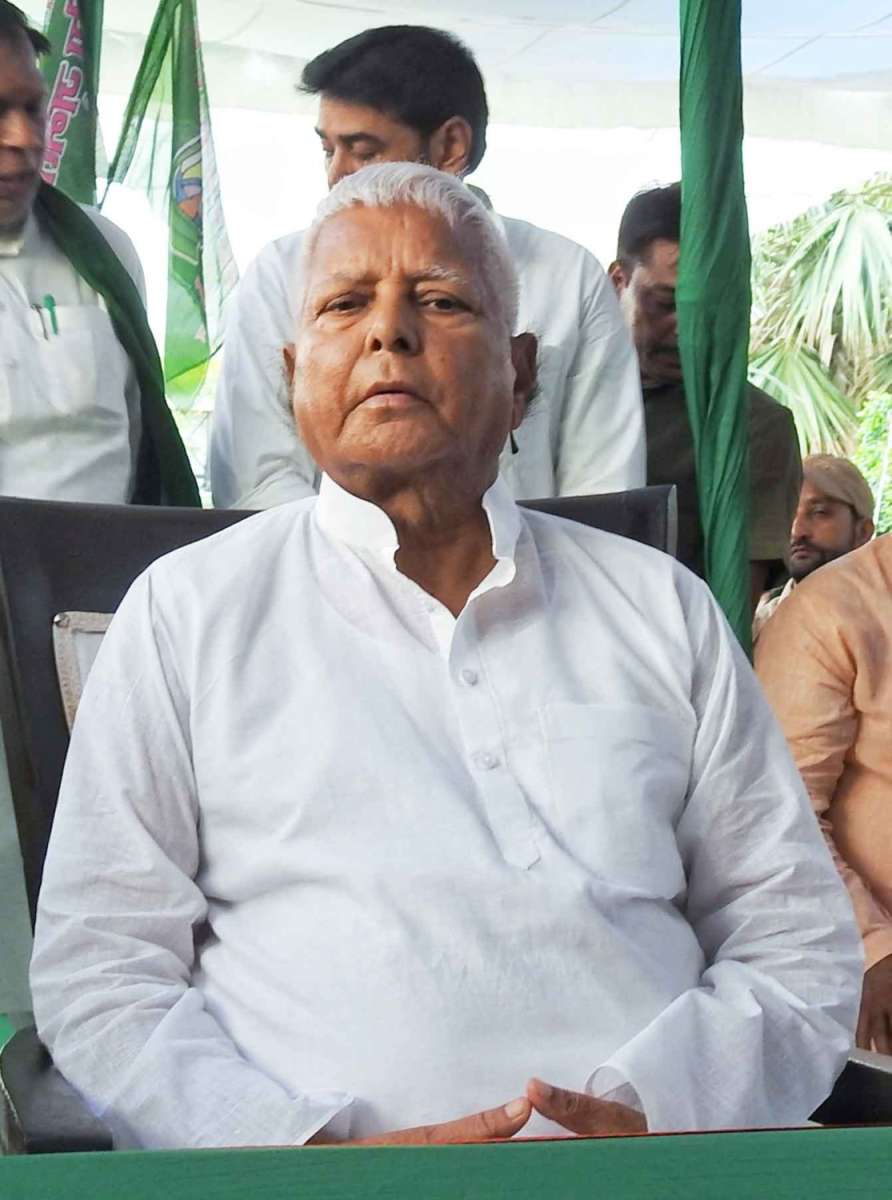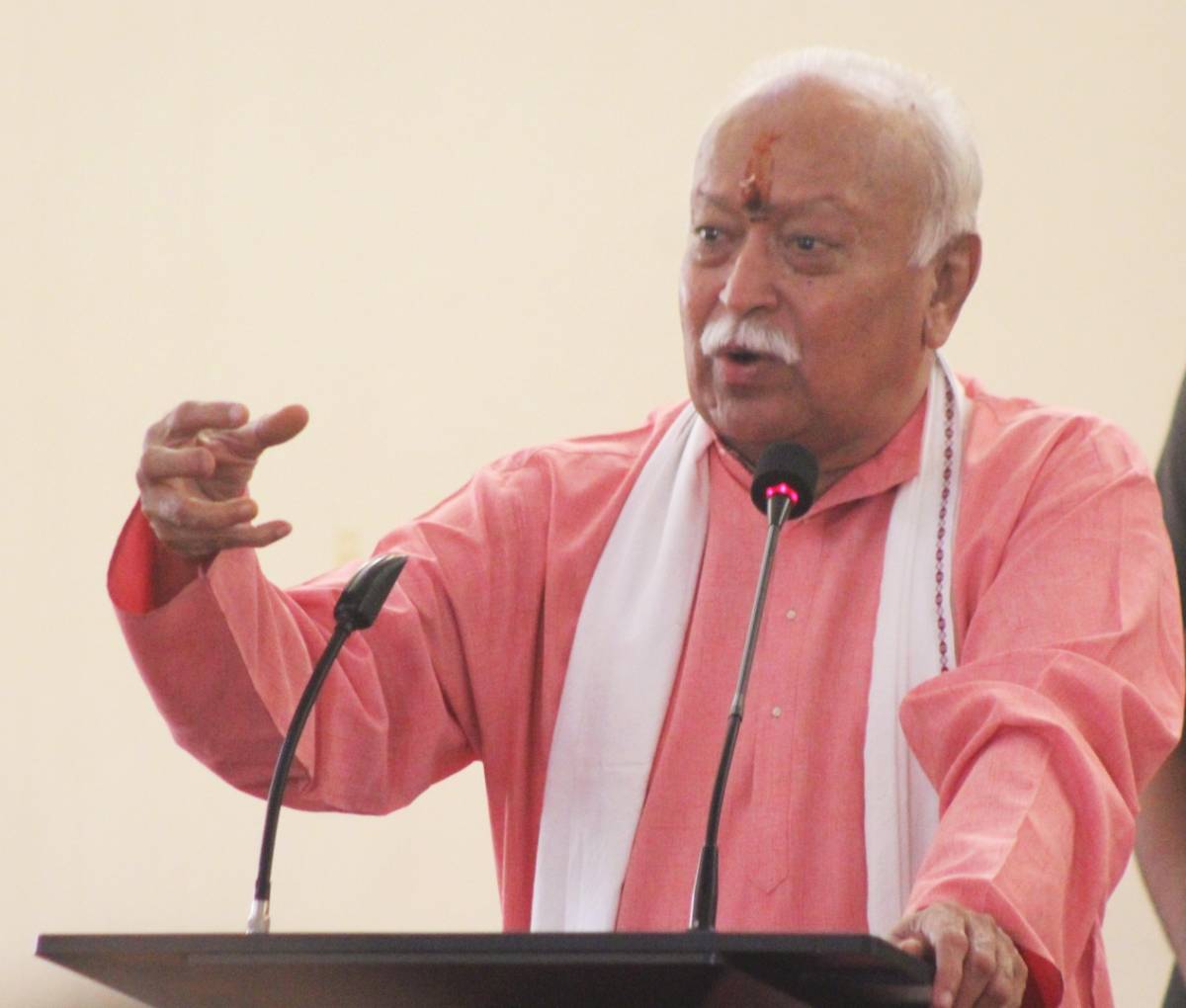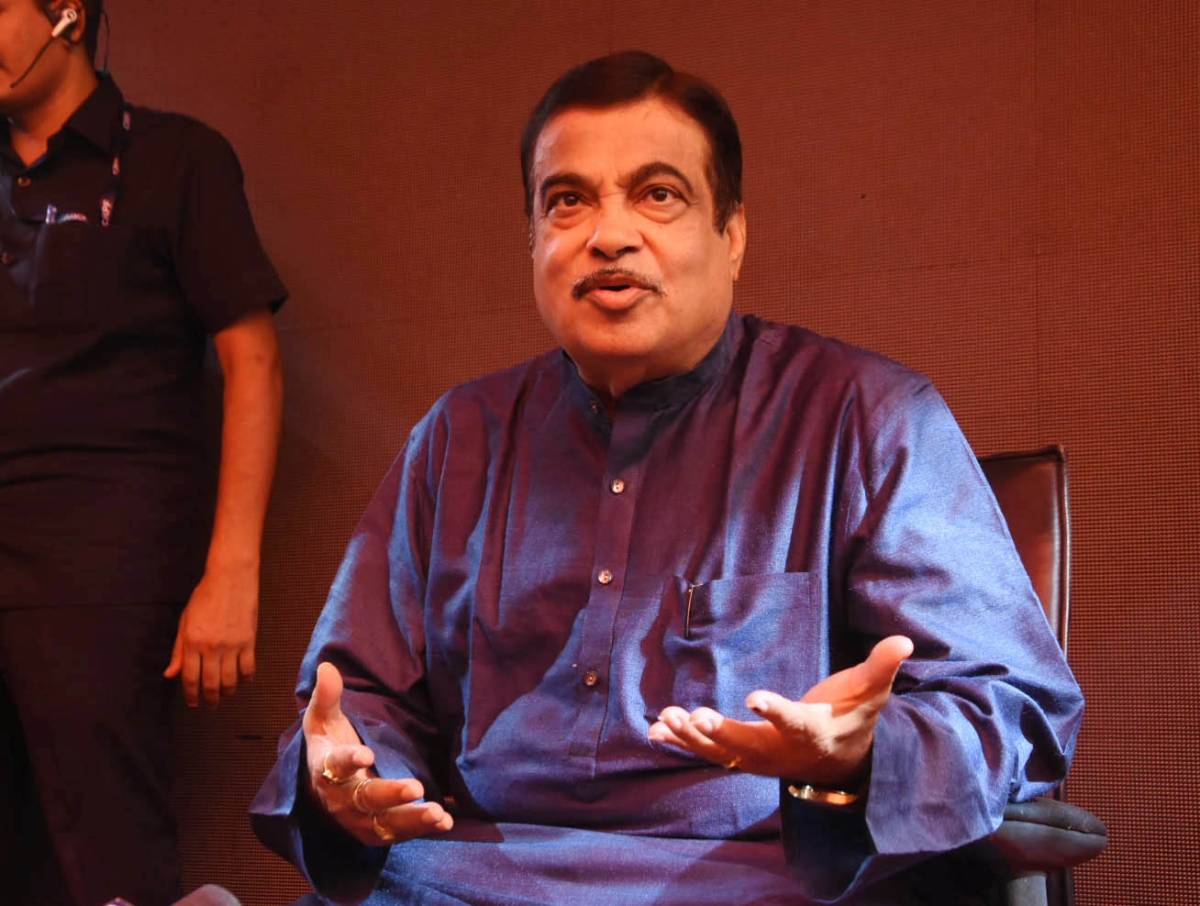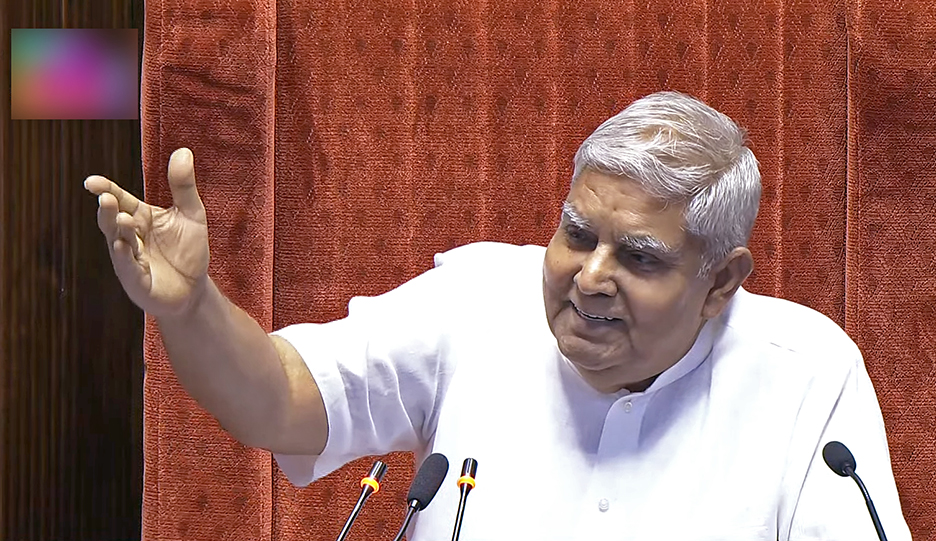
Dhankhar defends RSS in Rajya Sabha
The remarks by the Rajya Sabha Chairman come after the central government lifted the ban on participation of government employees in RSS activities…reports Asian Lite News Vice President and Rajya Sabha Chairman


